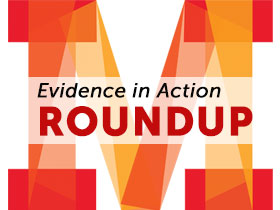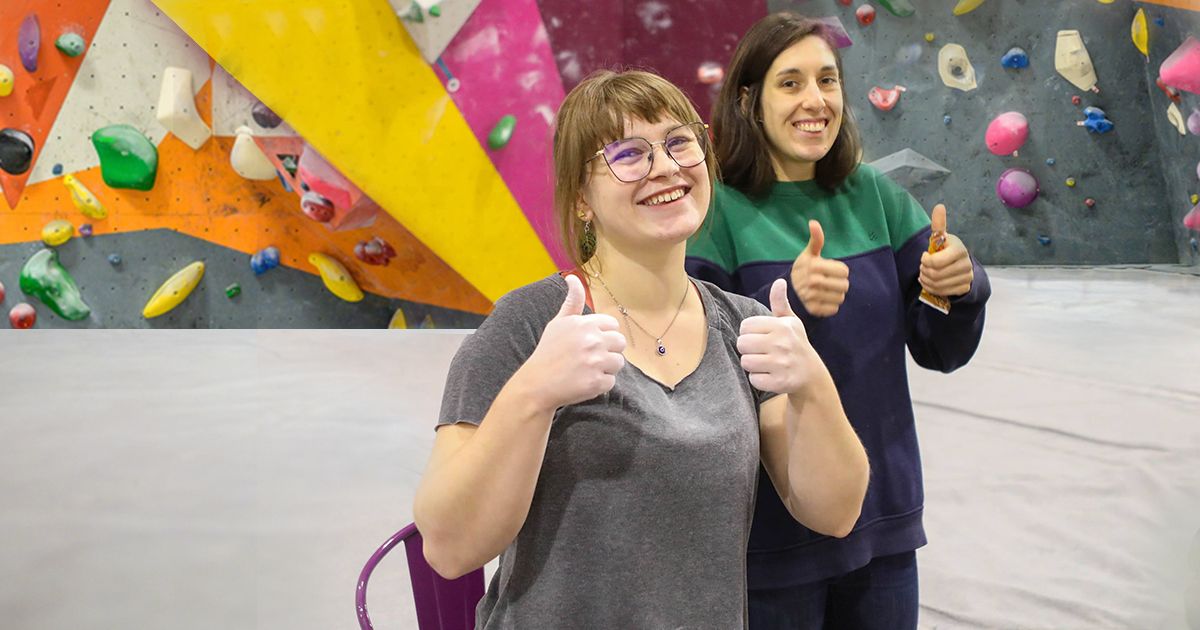
Stories about social science research, public policy, and the areas in which the two meet. Reminder: inclusion in the Roundup isn’t an endorsement, just food for thought.
Six Lessons from Successful Campaigns to Close Youth Prisons
The Annie E. Casey Foundation finds that evidence and data are helping close youth prisons around the country—and open up humane alternatives.
Another hallmark of successful campaigns to close youth prisons is the ability to leverage data and evidence, according to Gladys Carrión, the former commissioner of New York City’s Administration for Children’s Services. Under Carrión's watch, the city’s child welfare system enacted reforms that ‘were driven by research and science and supported by evidence of what works,’ she recalls.
The Political Parallels and Contradictions of the School Choice, Food Choice—Er, Food Stamps—Debate
What can food stamp programs teach us about school choice programs, and vice versa? Education news website The 74 explores two government initiatives that have many things in common, including public misperceptions.
In both instances, there are debates regarding whether the program should exist, and, if it does, to what extent the choices of recipients ought to be regulated.
Education and Economic Development: Five Reforms That Have Worked
World Bank blogger Harry A. Patrinos highlights work from nations meeting some significant needs through education reform. Vietnam, Pakistan, Papua New Guinea, and Mexico are showing results.
Not only are education outcomes poor in many countries, but the gaps are high and increasing. This is now being reflected in increasing returns to schooling and rising income inequality. Education systems are simply not performing as needed; not as economies demand, and not as parents desire. Even in high-performing countries, the level of dissatisfaction is high. It’s important to celebrate and recognize the success of [countries] that have made significant advances.
Ready or Not (for Kindergarten), Some Research Says, Enroll Anyway
NPR dives into redshirting—the practice of holding children back from kindergarten for a year so they can mature physically and emotionally. As it turns out, researchers found a hidden cost.
Every year, typically, you get a raise over time. You add up all of that, and [by the time you retire], you've just been in the labor force one [less] year. And that does add up. Often times when you see people talk about this issue, they'll talk about, ‘Oh, you should give your child the gift of time.’ And as an economist, I want to respond, ‘Actually, it's the cost of time.’ You're imposing an $80,000 lifetime cost on them by holding them back if it really doesn't improve their outcomes.
Three Education Series Were Finalists, But Not Winners, in Pulitzer Competition
We’ll close this edition of the Roundup with three cheers for three education stories that came this close to winning a Pulitzer Prize. These articles should be required reading for policy people and anyone with an interest in how schools work.
A Houston Chronicle series on arbitrary cost-cutting by the state of Texas on special education services was one of three finalists for public service, the most prestigious category in the awards administered by the Graduate School of Journalism at Columbia University.


